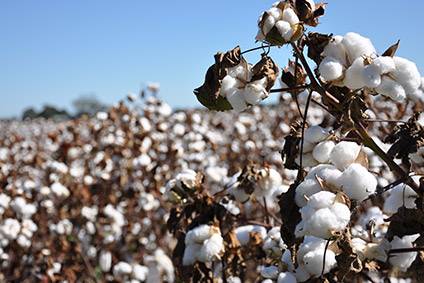
Uzbekistan has joined the European Union’s list of GSP+ beneficiary countries, with textiles and clothing among the largest product categories that now qualify for duty-free access to the bloc.
The Central Asian nation is the world’s seventh largest cotton producer, harvesting 713,000 tons in 2019, while its textiles and clothing exports to the EU reached EUR54m (US$64.7m) the same year.
GSP+ is a special incentive arrangement for sustainable development and good governance under the unilateral Generalised Scheme of Preferences (GSP), and continuously monitors beneficiaries on the 27 core international conventions on human and labour rights, environmental and climate protection and good governance.
The upgrading from GSP to GSP+ came into force from 10 April 2021.
The EU says accepting Uzbekistan into GSP+ reflects the recognition of reforms undertaken by the government, including efforts to improve labour conditions.
The country has long been dogged by systemic use of child and forced labour in the cotton harvest and production processes, although recent ILO Third-Party Monitoring concluded these have now been eliminated.

US Tariffs are shifting - will you react or anticipate?
Don’t let policy changes catch you off guard. Stay proactive with real-time data and expert analysis.
By GlobalDataNevertheless, a boycott against Uzbekistan cotton began in 2006 over the country’s long-standing practice of using forced labour to pick cotton – and is backed by more than 300 apparel brands and retailers.
However, the EU says it will continue to pay close attention to two major legislative processes, in particular the revision of the Criminal Code and the Labour Code of the Republic of Uzbekistan. “These legislative acts need to reflect Uzbekistan’s international commitments, including under GSP+,” it says.
The Republic of Uzbekistan is the 9th GSP+ beneficiary country, joining Armenia, Bolivia, Cape Verde, Kyrgyzstan, Mongolia, Pakistan, the Philippines and Sri Lanka.
The Cotton Campaign, a global coalition of human rights, labour, responsible investor and business organisations working to eradicate child and forced labor in cotton production, has drawn up a proposal for a Responsible Sourcing Agreement (RSA) framework to “be a model – and a magnet – to attract global brands that are committed to labour and human rights and are attracted to the opportunities presented by a reforming Uzbekistan.” The RSA framework builds on international best practices and would ensure that Uzbek cotton producers meet international standards.
The move also comes as brands are looking to redirect cotton sourcing away from China’s Xinjiang region over forced labour concerns.




